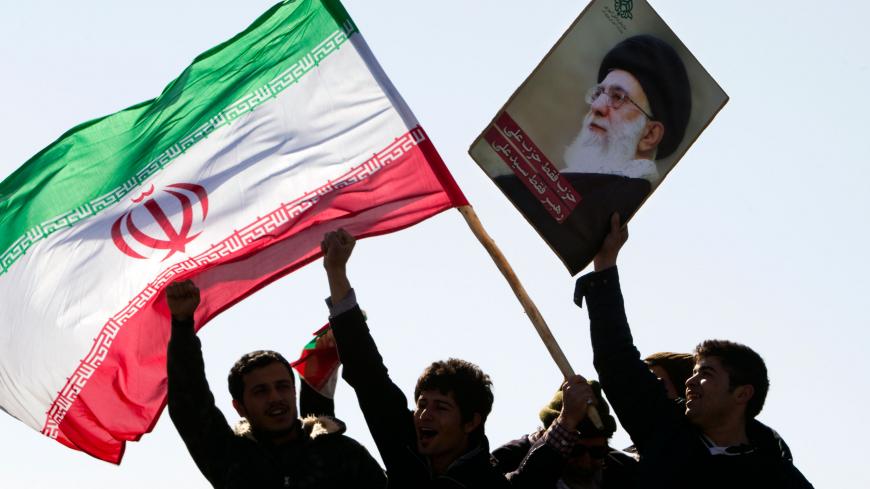Revolutions are often defined as mass-based movements that violently, over a relatively short span of time, bring down a regime and often lead to a restructuring of the polity and the transformation of the class structure of a society. As a result, it is commonly assumed that the country's foreign policy will also undergo fundamental changes. Yet, while the dominant understanding of revolution is heavily intertwined with change, there has been a good deal of continuity in regional policy when it comes to post-revolutionary Iran.
To trace this continuity, it is important to understand the ways in which Iran’s regional policies are viewed by elites in the country. Their perceptions can be divided into two broad approaches: The “defensive reactive” approach argues that Iran must react to the instability and insecurity surrounding it by transforming such situations into more secure and stable environments. The “revolutionary proactive” approach argues that Iran’s engagement in the region is justified by the country's inherent attributes.


